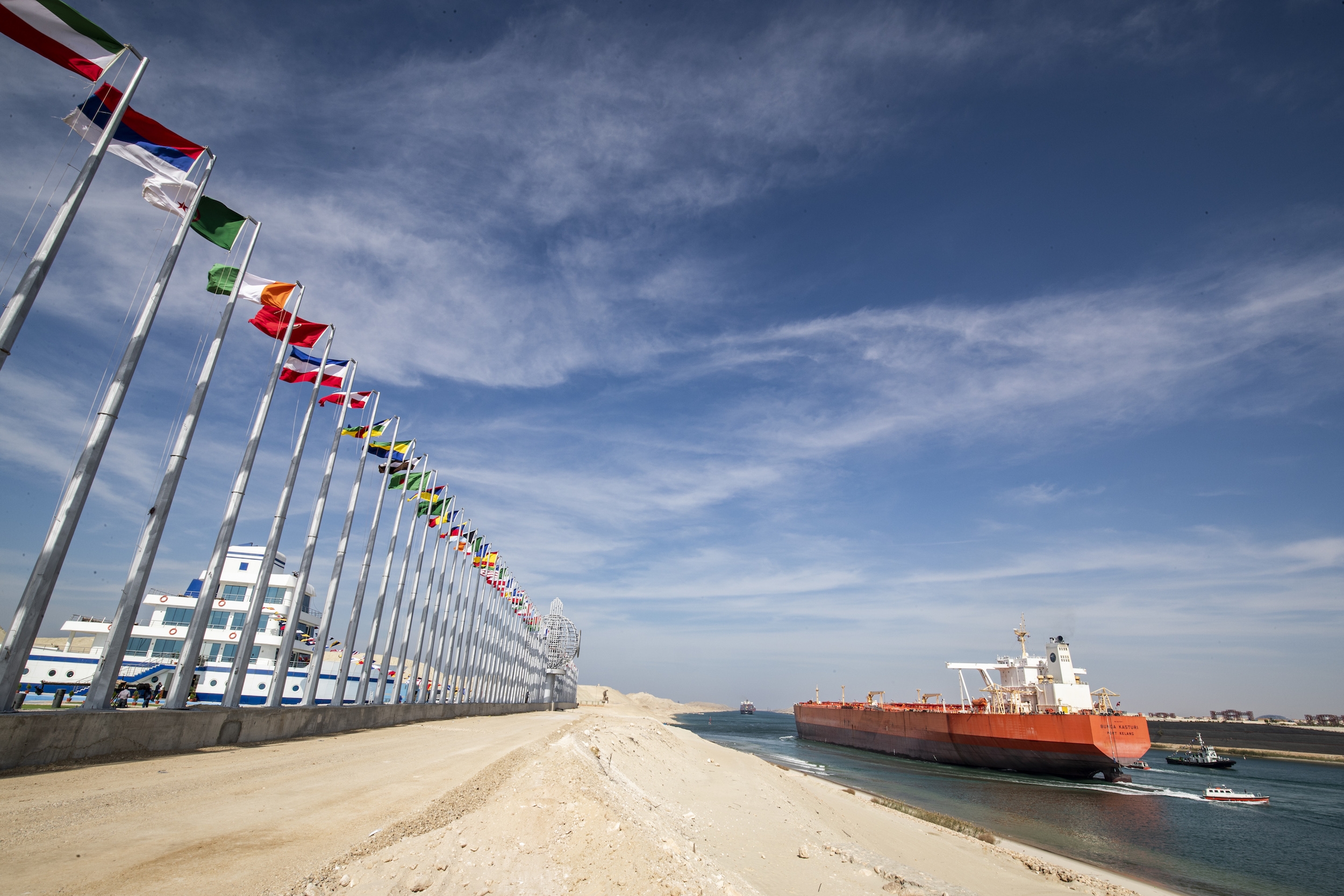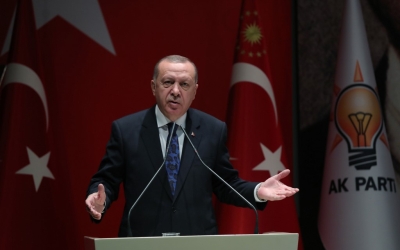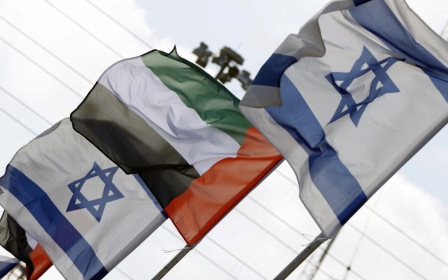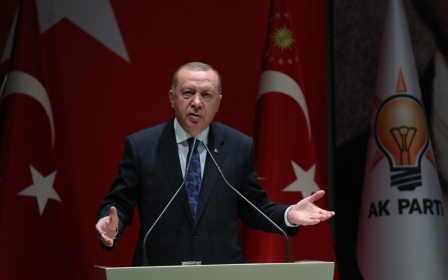Arabic press review: UAE ramps up investments in Egypt to spite Turkey

UAE moves to overtake Turkish trade in Egypt
The United Arab Emirates (UAE) is making moves to boost investments in Egypt, intending to overtake Turkish and Qatari trade presence in the North African country and “blockade” the Turkish economy, the Al-Araby Al-Jadeed reported.
According to Egyptian official sources who spoke to the London-based newspaper, the UAE is launching “huge competitive investments” in fields that Turkey and Qatar have put money into.
UAE trade bodies have recently worked with research companies to collect economic data on the sectors in which Turkish and Qatari investments have a presence, focusing on Ankara's investments, the sources said.
They aim to introduce new Emirati groups to the Egyptian market over the coming months in an attempt to impede economic progress in Turkey, a regional rival of the UAE, according to the sources.
New MEE newsletter: Jerusalem Dispatch
Sign up to get the latest insights and analysis on Israel-Palestine, alongside Turkey Unpacked and other MEE newsletters
Turkish investments in Egypt amount to $2.2bn, said the newspaper.
The UAE had also been monitoring efforts by Turkish businessmen to invest in the Suez Canal region and the northern coast region, and recently made contact with Egyptian officials through Dubai Ports World - an Emirati multinational logistics company - regarding investment in the area, the sources said.
Last week, the chairman of the Suez Canal Economic Zone, Yehia Zaki, met with Suhail al-Banna, executive director of Dubai Ports World in the Middle East, to discuss strengthening joint cooperation between Egypt and the UAE.
The pair discussed the development process in the economic zone and the future of the Emirati company’s business there, especially at the industrial zone and port. They also spoke about operations at a second port, Ain Sokhna, in preparation for its official opening in the coming months.
Egypt’s Transport Minister Kamel el-Wazir, also present at the meeting, stressed his country's interest in developing maritime transport and cooperating with international companies to support the national economy.
He added that having a distinct maritime transport sector would make Egypt a "major hub" in the global trade route.
However, the sources claimed, most Egyptians prefer Turkish investments, which are generally product-based and rely on concrete partnerships, as opposed to many Emirati projects, which are based on selling, especially in the real estate sector.
Commercial relations between Egypt and Turkey go back to the 1920s, and currently there are 540 Turkish companies on the records of the Egyptian Chambers of Commerce, according to Al-Araby Al-Jadeed.
The bitter rivalry between the UAE and Turkey has seen the two countries clash over the Libyan conflict and the recent UAE-Israel deal, which prompted threats from Turkey to suspend its ties with the Gulf nation.
Kuwait foils plot targeting national security
Kuwait's security services have thwarted a plot targeting national security and arrested two high-ranking officers, who allegedly stole classified information while working in “sensitive positions", local newspaper Al-Qabas reported.
The Public Prosecution office had begun investigating the two officers for "treason of the homeland and the functional trust”, following authorities’ discovery of their involvement in “a dangerous conspiracy against Kuwaiti national security” by monitoring their communication with parties in London, the newspaper said.
Security sources accused the two officers of stealing “classified documents and records related to the national security of Kuwait in 2019".
The officers had been working within a wide network that included military personnel, members of parliament and influential individuals, the newspaper said, adding that they had leaked “very dangerous” documents out of Kuwait.
Plan for Israeli embassy in Abu Dhabi denounced
The Emirati League for Resisting Normalisation, a civil body established after the announcement of an agreement between the United Arab Emirates and Israel to normalise relations, has denounced a plan to open an Israeli embassy in Abu Dhabi, according to Alkhaleej Online.
In a statement, the association expressed its “deep regret that the UAE authorities have announced the opening of an Israeli embassy in the heart of the UAE in the next few months”.
“This step represents a stab in the back for the Palestinian people, who have suffered from unstoppable violations at the hands of the Israeli army in recent times,” the statement said.
The statement also quoted media sources as saying that "the UAE and Israel are currently discussing opening joint embassies and consulates, as part of the start of a full normalisation of relations between them".
According to its website, the association was established on 22 August, just days after the UAE and Israel reached the agreement, a deal slammed by Palestinians, who called it a "treacherous stab in the back”.
Mohammed bin Zayed, the crown prince of Abu Dhabi, tweeted at the time: "The UAE and Israel also agreed to cooperation and setting a roadmap towards establishing a bilateral relationship.”
The UAE became the first Gulf Arab state and the third Arab nation, after Egypt and Jordan, to have active diplomatic ties with Israel.
Under the agreement, which was brokered by US President Donald Trump, Israel said it had agreed to suspend the annexation of parts of the occupied West Bank. However, hours later, Israeli Prime Minister Benjamin Netanyahu said he remained "committed to annexing parts of the West Bank".
*Arabic press review is a digest of reports that are not independently verified as accurate by Middle East Eye
Middle East Eye delivers independent and unrivalled coverage and analysis of the Middle East, North Africa and beyond. To learn more about republishing this content and the associated fees, please fill out this form. More about MEE can be found here.






